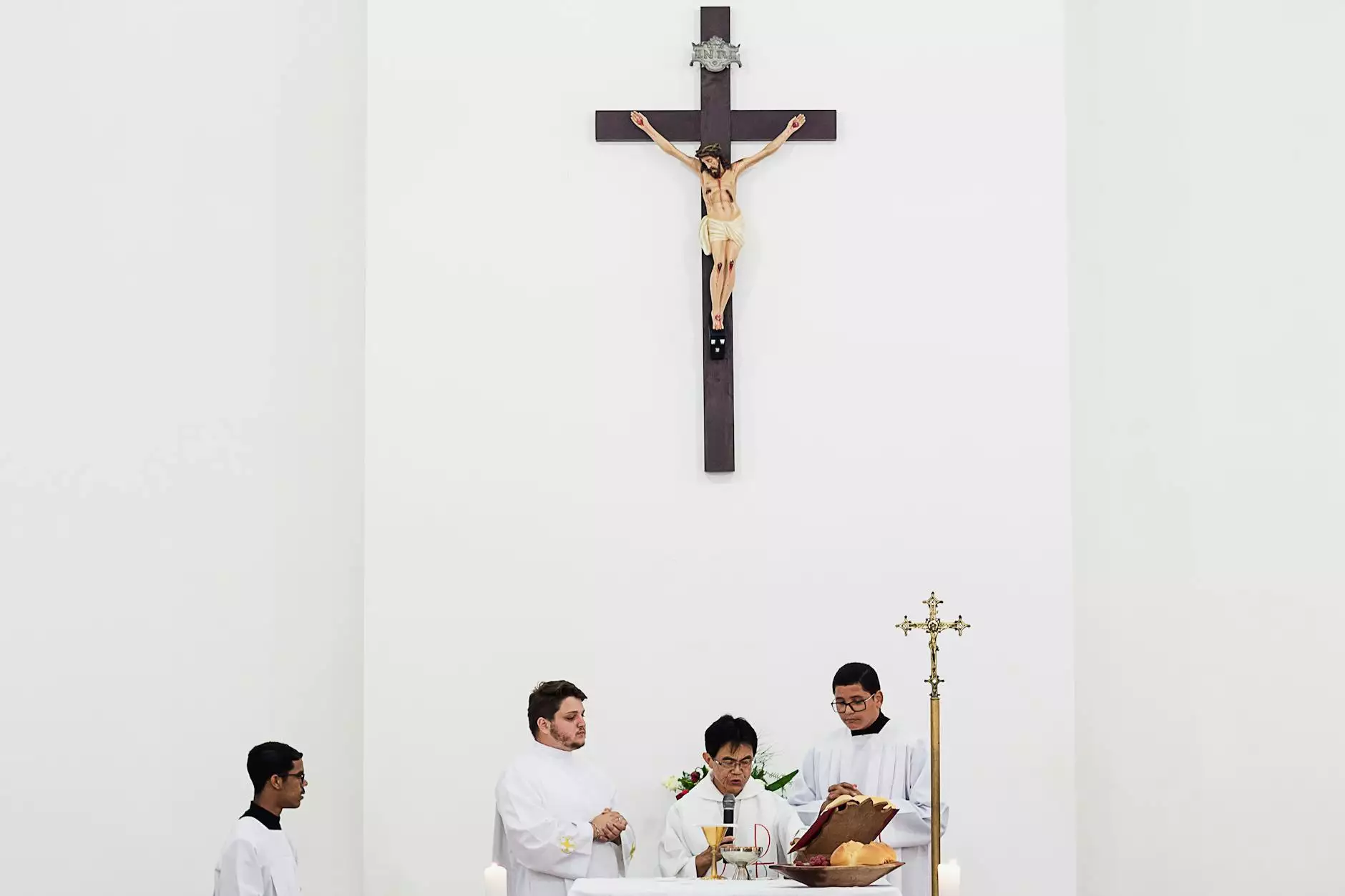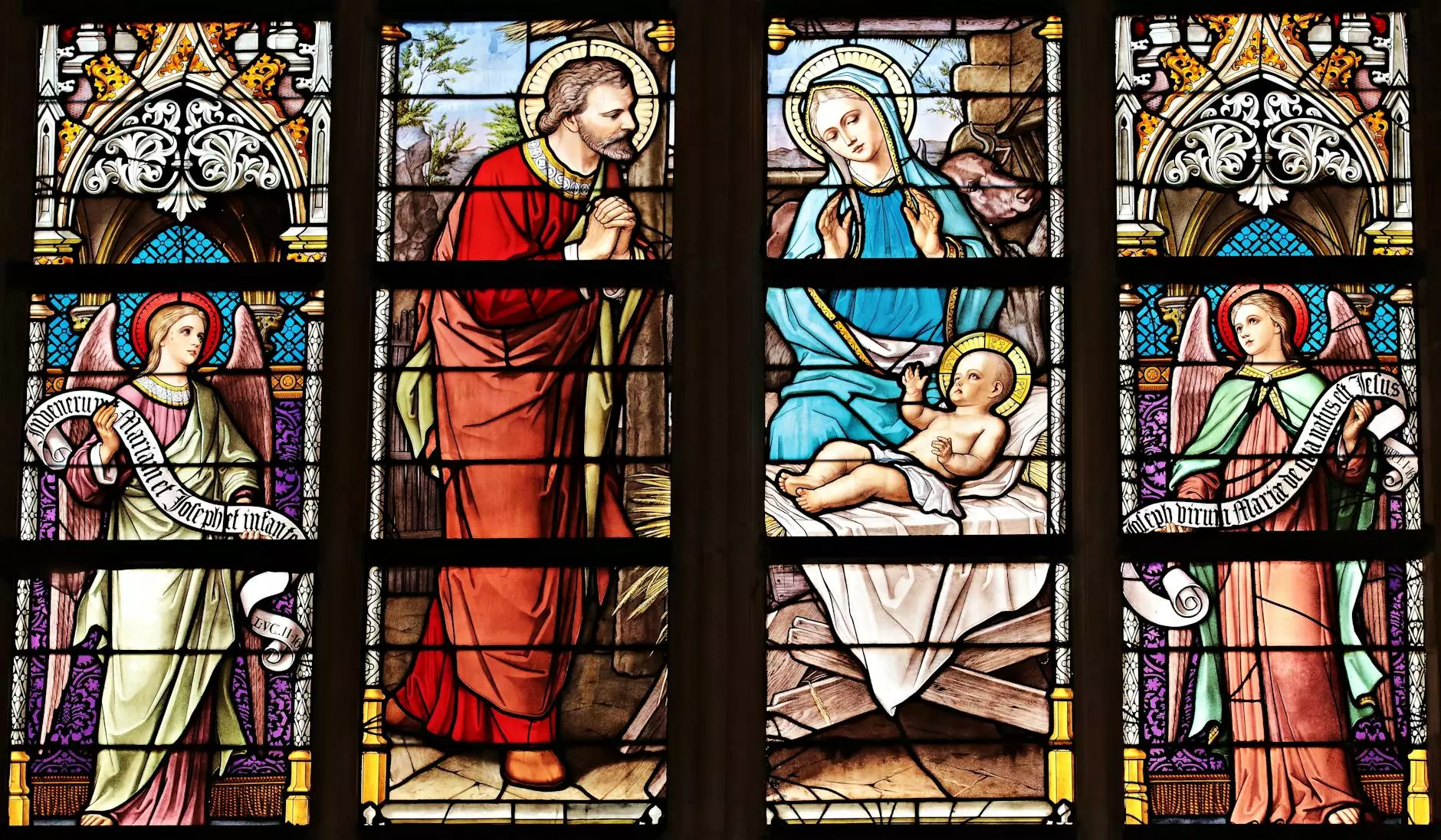Faith in Focus: The Origin and Meaning of Lent

Welcome to the comprehensive guide to understanding the origin and profound meaning of Lent, brought to you by Iglesia Cristiana Getsemani. As a leading voice in the Community and Society sector, we are dedicated to providing valuable insights into faith and beliefs. Join us on this enlightening journey as we delve into the history, traditions, and spiritual aspects of Lent.
The Origins of Lent
Lent, derived from the Old English word "lencten," meaning spring, has deep roots in the Christian faith. It is a period of forty days of reflection, repentance, and preparation leading up to Easter Sunday. This observance can be traced back to early Christianity when believers sought to commemorate the forty days Jesus spent fasting and overcoming temptation in the wilderness.
Throughout history, Lent has evolved, incorporating various traditions and customs from different Christian denominations. The timing of Lent varies slightly among different traditions, but it typically begins on Ash Wednesday and concludes on Holy Saturday. This sacred season serves as a time for believers to introspect, seek spiritual renewal, and align their hearts with God's will.
Traditions and Practices
Lent is often characterized by specific observances and practices that aid in spiritual growth and self-discipline. One prevalent tradition is the act of fasting or abstaining from certain foods or activities. The purpose behind this practice is to replicate the sacrifice and self-control demonstrated by Jesus during his wilderness experience.
Many Christians also engage in acts of charity and service during Lent, following Jesus' example of selflessness and compassion. This season serves as an opportunity to extend love and kindness to those in need, fostering a sense of community and societal solidarity.
Spiritual Significance
Lent holds deep spiritual significance for countless individuals around the world. It serves as a period of heightened devotion, reflection, and introspection. The forty-day duration of Lent symbolizes various biblical events, such as the forty days and nights of the Great Flood, the forty years the Israelites spent wandering in the desert, and, most notably, the forty days Jesus spent in preparation for his earthly ministry.
During Lent, believers strive to emulate Jesus' journey, seeking to grow closer to God, repent of their sins, and deepen their faith. It is a season of self-examination and a call to spiritual renewal. Christians use this time to reinvigorate their relationship with God through prayer, meditation, attending church services, and engaging in acts of personal sacrifice.
The Journey to Easter
Lent ultimately leads believers to the pinnacle of the Christian faith—Easter Sunday. The Lenten season concludes with Holy Week, a profoundly sacred time that encompasses the events leading up to Jesus' crucifixion, death, and resurrection. Holy Week allows Christians to walk alongside Jesus in his final days, reflecting on the sacrifice he made and the victory he achieved over sin and death.
As we reflect on the origins and meaning of Lent, we invite you to join Iglesia Cristiana Getsemani in observing this consequential season. Immerse yourself in the rich traditions, the deep spiritual significance, and the profound sense of community that Lent brings. Together, let us embark on a transformative journey, pursuing a closer relationship with God and a deeper understanding of our faith.
Conclusion
In conclusion, Lent stands as a cherished and meaningful tradition within the Christian calendar. Its historical roots, customs, and spiritual significance make it a time of great importance for believers worldwide. Iglesia Cristiana Getsemani invites you to explore and embrace Lent, learning from those who came before us and uniting with fellow Christians as we seek a closer walk with God. May this season of reflection and renewal inspire and uplift you on your individual spiritual journey.









